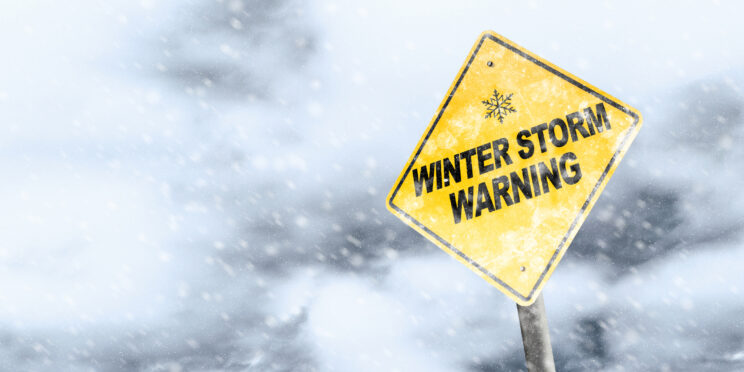Freezing temperatures are expected to begin tonight and last throughout the week across our service area. Wind chills and snow/ice will make it seem even colder. This means your heating system will run more, causing you to use more electricity. Since heating costs account for 40-50% of an electricity bill, it’s important to know how to control these costs, especially during extreme weather.
- Program your thermostat to 68 degrees or as low as you comfortably can. You can set it even cooler at night while you’re sleeping and add blankets.
- If you have a programmable thermostat, set it to increase the temperature 10-15 minutes before your alarm goes off to break the chill before you get up.
- Dress for the weather, even indoors.
- Make sure return air registers are not blocked by furniture or draperies. Clean vents with a vacuum cleaner or a broom regularly.
- Open drapes or blinds during the day and let the sun help heat your home. Close drapes and blinds on the side of your house that is shaded and at night.
- Close garage doors to keep wind outside.
- Use space heaters sparingly, if at all. Make sure the unit is thermostat-controlled. Only use a space heater if you are in the room and turn it off when you leave; this is for energy efficiency and safety reasons.
- Keep the fireplace flue closed when the fireplace is not being used.
- Make sure your fireplace is designed to provide heat so it truly keeps you and your room warm. Heated air can escape through the chimney, which means you are losing money and efficiency.
- Run your ceiling fans in the clockwise direction to pull the heated air down to where you are.
For more winter efficiency tips, visit singingriver.com/ways-to-save.


